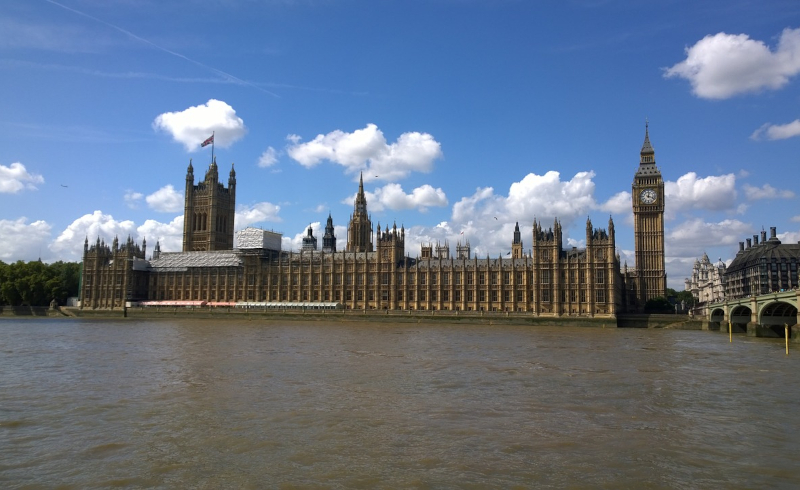There were no great surprises in the Spring Budget announced on Wednesday 6th March 2024. We’ll consider the impact for each of our clients at their planning meetings but for those who would like a general update, we’ve set out some of the key takeaways below:
National Insurance
- The big saving this time was a further reduction to the main rate of Class 1 National Insurance, with a cut of 2p from 10% to 8%. This new reduction will come into effect from 6th April 2024 and is in addition to the previous 2p cut announced in the 2023 Autumn Statement that came into effect from 6th January 2024.
- Class 4 National Insurance is also being cut by 3p from 9% to 6% from 6th April 2024 replacing the previous cut to 8% announced in the 2023 Autumn Statement.
Capital Gains Tax
- The higher rate for capital gains tax on residential properties will be reduced from 28% to 24%. As previously planned, the annual exempt amount for capital gains tax will also reduce from £6,000 to £3,000 from 6th April this year too.
High Income Child Benefit Tax Charge
- The child benefit income threshold at which the benefit is tapered will rise from £50,000 to £60,000. The benefit will also now not be fully tapered away until an individual earns £80,000.
Furnished Holiday Lettings
- From 6th April 2025, the Furnished Holiday Let (FHL) tax regime will be abolished.
UK ISA
- A new ‘UK ISA’ is to be launched, with an additional allowance of £5,000 pa of tax free investment into UK assets in an effort to drive growth in British businesses. The government is to consult on the creation of the UK ISA and further details are expected in due course.
Business and Investment
- The threshold at which small businesses must register to pay VAT raised from £85,000 to £90,000 from 6th April 2024.
- The government loan scheme introduced during Covid for small businesses has been extended until March 2026.
- Tax reliefs for touring and orchestral productions have been made permanent.
Other Key Items
- Stamp duty tax break when purchasing multiple properties in England or Northern Ireland will end in June.
- The government has announced that National Savings & Investments (NS&I) will launch a product which will offer consumers a guaranteed interest rate, fixed for three years. This product will increase savings opportunities available to consumers in the UK and will be brought on sale in early April 2024.
- The previous 5p reduction to fuel duty will be extended and fuel duty will be frozen for the 14th year running.
- Alcohol duty remains frozen until February 2025.
- New tax on vaping products will be introduced from October 2026 and tobacco duty is will go up £2.00 per 100 cigarettes at the same time.
- Windfall tax on the profits of energy firms will now apply until 2029, extended from March 2028.
- Tax paid on flights known as air passenger duty will increase for business class tickets.
- For the NHS, an upgrade in full of the computer systems is being planned, costing £3.4bn.
- The ‘non-dom’ tax regime will be scrapped. This applied to people who are not UK domiciled and hence don’t pay tax on worldwide income, only the income received in the UK, for the first 7 years of being resident in the UK. From April 2025, new arrivals to the UK (provided they have been non-tax resident for the last 10 years) will not have to pay UK tax for the first 4 years of residency. After this point, the tax rules applicable will be the same as to other UK residents.
- There will be a transitional arrangement for those currently benefitting from the non-dom status:
- A temporary 50% tax reduction in foreign income subject to tax in the 2025-26 tax year.
- For the disposal of foreign assets after 6 April 2025, non-doms can choose to be taxed only on capital gains since that date.
- Under a ‘temporary repatriation facility’ in the tax years 2025-2026 and 2026-2027, non-doms will be able to remit foreign income and gains at a rate of 12%.
- Income and gains that have arisen before 6 April 2025 will not be taxed unless they are paid to UK residents who have been here for more than four years.
The Budget also confirmed that UK inflation is forecast to fall below 2% later this year (the Bank of England’s target is 2% pa). Growth in the UK economy is predicted to be 0.8% during 2024 and 1.9% during 2025. As with all forecasts, these are estimates and predications can go awry, but they can be useful insight when helping us assess the choices we make about our finances.
